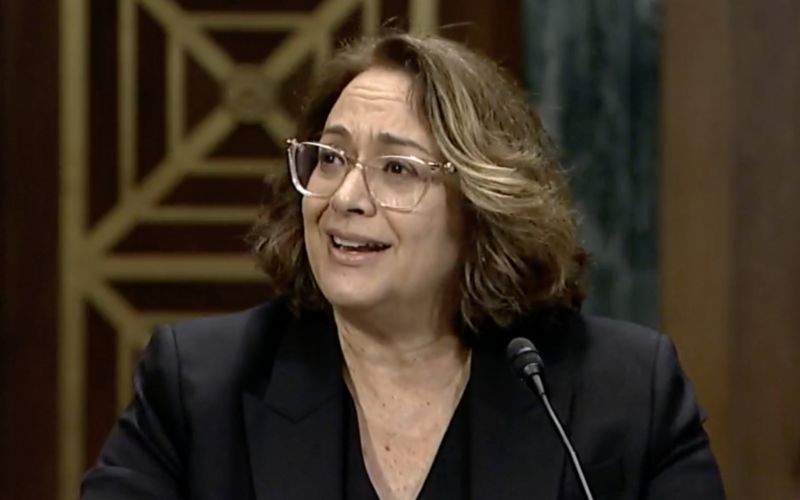
- Details
- By Elyse Wild
In a historic vote last week, Judge Shanlyn Park was confirmed to the U.S. District Court for the District of Hawai'i, making her the first Native Hawaiian woman to serve as a district court judge.
The U.S. Senate confirmed Park in a bipartisan vote of 53-45. Native Hawaiians comprise 21.8% of the population served by the district where Judge Park will preside.
Park is currently a state court judge and former federal public defender. Her confirmation was praised by the Native American Rights Fund.
 Make A Donation Here
Make A Donation Here
Her confirmation was praised by the Native American Rights Fund (NARF), the National Native American Bar Association, and the National Congress of American Indians (NCAI).
"Federal courts hear many cases involving Native people, so federal court judges must be aware of the political status, legal principles, and rights of Tribal Nations and Native individuals," NARF Executive Director John Echohawk said in a statement. "The confirmation of Judge Park takes a step in the right direction for a more balanced and representative federal judiciary system."
Makalika Naholowaʻa, President of the National Native American Bar Association, said in a statement that Park's confirmation will underscore the importance of having Native Hawaiian representation on the bench,
"Inclusion of Native Hawaiians in the courts that preside over matters in Hawaii is critically important to advancing trust in the judicial system and the rule of law. Judge Park's deep experience in Hawaii state and federal courts, in criminal and civil matters, and her deep connections to the comm
More Stories Like This
Native News Weekly (August 25, 2024): D.C. BriefsNative News Weekly (February 22, 2026): D.C. Briefs
NCAI Releases Sttatement on the Passing of Rev. Jesse Jackson
Colusa Indian Energy Participates in Port of Quincy Town Hall on Columbia Basin Power Project
Q&A: Jingle Dress Dancer Answered Call to Ceremony in Face of ICE Violence
Help us defend tribal sovereignty.
At Native News Online, our mission is rooted in telling the stories that strengthen sovereignty and uplift Indigenous voices — not just at year’s end, but every single day.
Because of your generosity last year, we were able to keep our reporters on the ground in tribal communities, at national gatherings and in the halls of Congress — covering the issues that matter most to Indian Country: sovereignty, culture, education, health and economic opportunity.
That support sustained us through a tough year in 2025. Now, as we look to the year ahead, we need your help right now to ensure warrior journalism remains strong — reporting that defends tribal sovereignty, amplifies Native truth, and holds power accountable.
 The stakes couldn't be higher. Your support keeps Native voices heard, Native stories told and Native sovereignty defended.
The stakes couldn't be higher. Your support keeps Native voices heard, Native stories told and Native sovereignty defended.
Stand with Warrior Journalism today.
Levi Rickert (Potawatomi), Editor & Publisher

